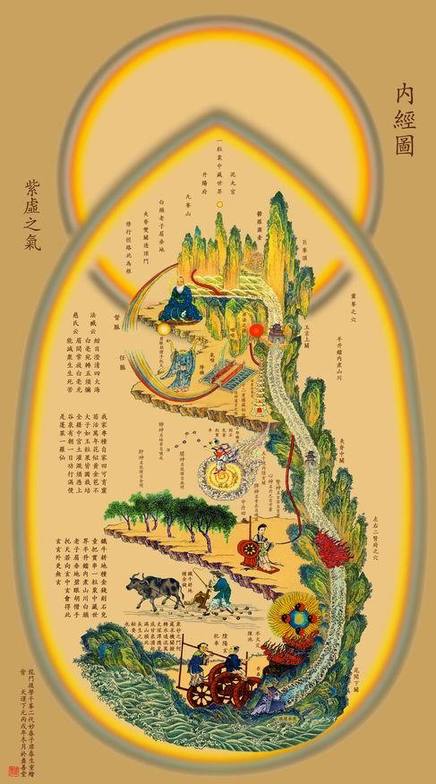
After I demonstrate my tools and techniques to new patients, the first question they have is understandably, “How does all of this work?” The easiest explanation is through the lens of Chinese medicine. Primarily, acupuncture works by encouraging the free flow of qi through the body. It is believed that a lack of free flow creates stagnation, and in turn, pain. So, by encouraging these little roadblocks to open up, we can resolve pain. These roadblocks can also create conditions of weakness, because organs or tissues aren’t being properly nourished. This is often the case with chronic illness. However, sometimes these roadblocks can create a situation where things get backed up and start to stagnate. We call this an “excess” condition, and the goal is to eliminate the excess through normal processes like sweat, bowel movements, or urination.
I realize that the Chinese medical explanation might not be quite so satisfying. In any new realm of medicine (okay, Chinese medicine is far from new, but it is new to us!), we want the kind of proof that we are used to. We want to hear the science! I do read a good amount of research that comes out, because my undergraduate degree is in molecular biology. And biomedical sciences are gaining new ground everyday that gets us closer to understanding the mechanisms of acupuncture. However, for now, the research papers that are studying the effectiveness of acupuncture tend to have a statement like, “The mechanisms of acupuncture are not well understood.”
According to Johns Hopkins, acupuncture works by stimulating the central nervous system. And this article from Harvard discusses new research that furthers this idea, explaining that the meridians (pathways) are actually undiscovered neural pathways that are embedded within our fascia. This explains how acupuncture is able to treat pain in the extremities by placing needles in acupuncture points that are on the back.
I also like this article from The Atlantic, which says that acupuncture cause the body to release anti-inflammatory chemicals. There is also research that suggests that it might even rewire the brain. The bottom line is, the science simply hasn’t caught up yet, but it is certainly getting there. My next blog post will discuss why it is so difficult to conduct research on both acupuncture mechanisms and its effectiveness.

Ursa Shapla
Contact Me


